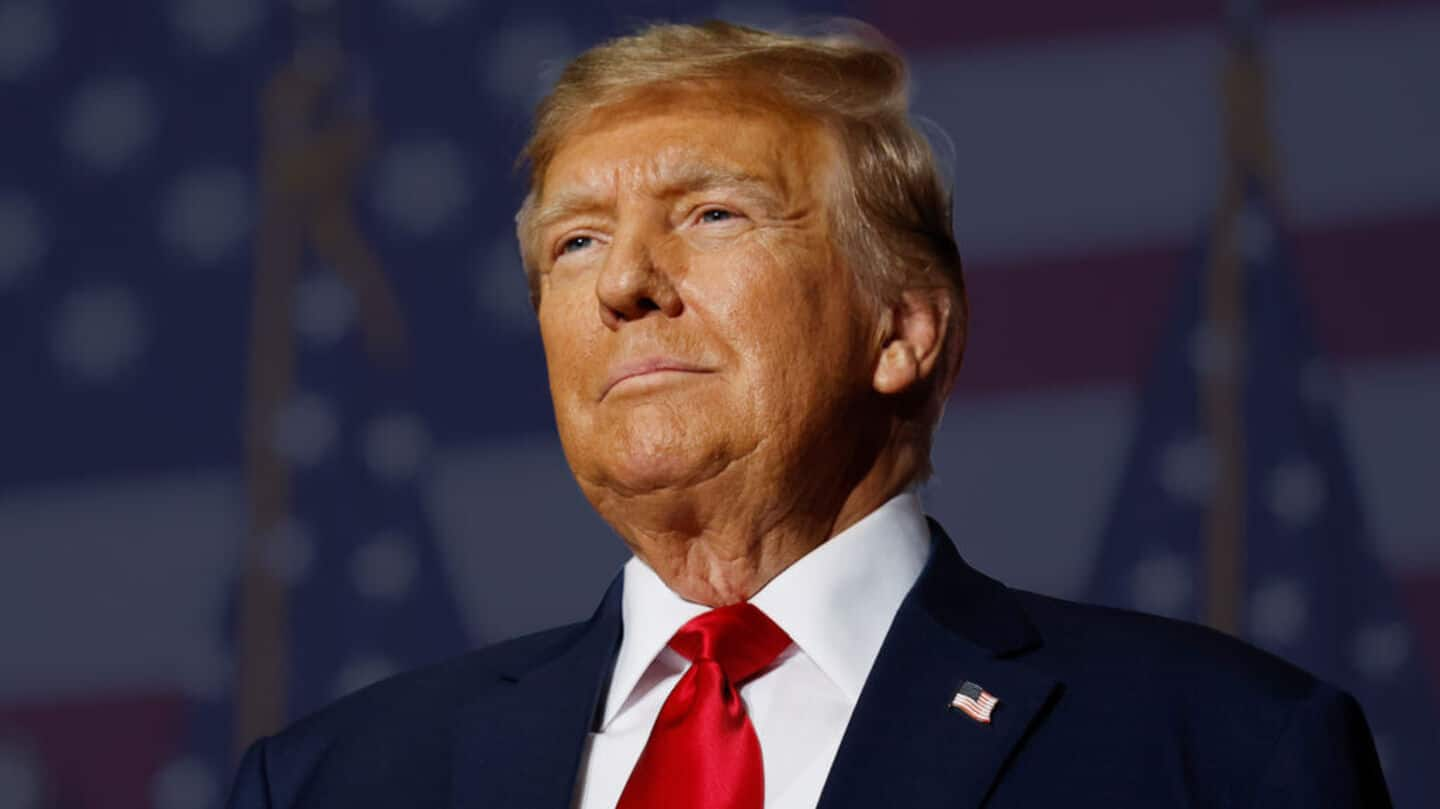
Which sector gets hit by Trump's 25% tariff on India
What's the story
US President Donald Trump has announced a 25% tariff on Indian goods, effective August 1. The move is aimed at India's "obnoxious" trade barriers and its close ties with Russia in defense and energy. The decision has raised concerns among Indian policymakers, exporters, and market participants due to the uncertainty over further penalties Trump had threatened for India's Russian transactions.
Tariff rationale
India maintains unreasonable non-tariff barriers, says Trump
In a press statement, Trump called India a "friend" but accused it of imposing some of the highest tariffs on US goods. He also claimed that India maintains unreasonable non-tariff barriers. The US President further alleged that India's energy and defense ties with Russia, especially amid the ongoing Ukraine war, "empowers Moscow" and should be penalized. However, he did not specify what these penalties would entail.
Diplomatic efforts
Studying implications of Trump's new duty
The Indian government has responded to Trump's announcement by saying that it has "taken note" of the new duty and is "studying its implications." It also reiterated its commitment to a "fair, balanced, and mutually beneficial" trade agreement with the US. Industry experts predict that export-heavy sectors will be the first to feel the impact of this tariff.
Sectoral response
'Big blow to India's gem, jewelry industry'
Colin Shah, MD at Kama Jewellery, said the decision is a "big blow" to India's gem and jewelry industry. He emphasized that the US is a critical export market and a 25% tariff will hurt the competitiveness of Indian goods. Meanwhile, Nuvama Wealth has warned that India's export-driven sectors could be in for some turbulence with these tariffs.
Market implications
Nuvama warns of turbulence for India's export-driven sectors
Nuvama estimates that India's goods exports to the US, worth some $87 billion, could be massively impacted by these tariffs. This could affect sectors like textiles, pharmaceuticals, electronics, agri-products, and machinery. Nitin Bhatt from EY India said that while the Indian IT services sector isn't directly affected by these tariffs, rising input costs could lead US companies to cut back on discretionary tech spending.
Investor response
Investor caution could heighten amid tariff changes
Nuvama further noted that these developments could heighten investor caution. The elevated tariffs could lead to increased risk aversion among foreign institutional investors, especially at a time when India's domestic consumption remains subdued. Sectors such as pharma, auto ancillaries, industrials, and tiles, heavily reliant on US demand, could witness notable volatility due to these changes in trade dynamics.